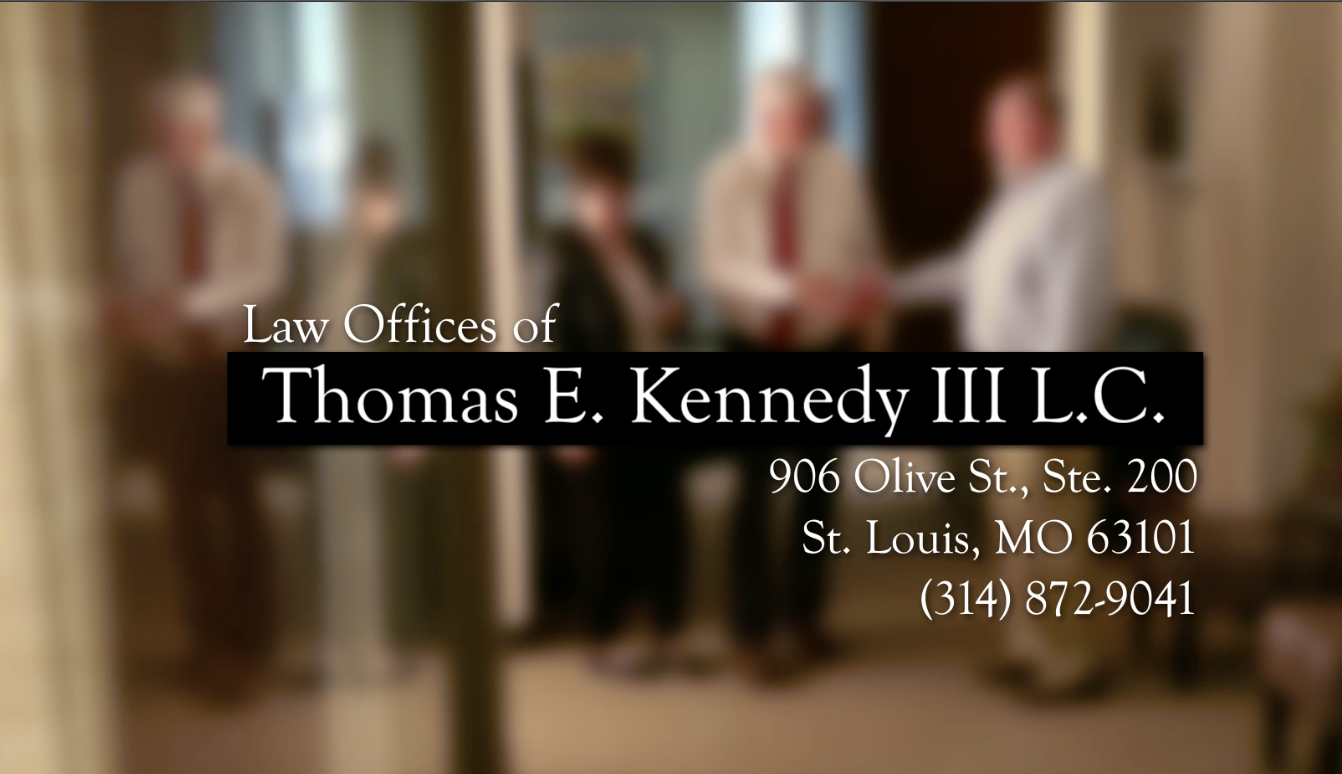
We recently settled a case for a young woman at a sheltered workshop who was raped by another workshop client. Our federal civil rights complaint raised two legal theories that are unique in this type of litigation and may be of interest to others. The lawsuit alleged, among other claims, a violation of Section 504 of the Rehabilitation Act of 1973, 29 U.S.C. § 794, and Title IX of the Education Amendments Act of 1972, 20 U.S.C. §§ 1681-1688.
Find a copy of the complaint here.
The Kennedy Hunt, P.C. L.C.
906 Olive Street, Suite 200 St. Louis, MO 63101 314 872-9041
This post discusses our first novel theory, which we brought under Section 504 of the Rehabilitation Act. Section 504 forbids discrimination on the basis of disability by recipients of federal funds.
Ordinarily Section 504 cases against programs that exclusively serve persons with disabilities are tough to win. The plaintiff must show that discrimination occurred “solely” because of her or her disability. When everyone in the program is disabled, doing so is often a near-impossible task.
So, our Section 504 claim brought a novel theory: that the workshop discriminated against our client by failing to make a reasonable accommodation to its rules, policies, and practices so that she could meaningfully and safely access the workshop program.
We alleged that the young woman was uniquely susceptible to physical assault—she was small, was physically weak, had the functional capacity of an eight-year-old, and lacked the mental capacity to perceive dangerous or risky situations. Despite repeated warnings from her parents, the workshop refused all requests to accommodate her by physically separating her from the perpetrator while both attended the workshop. Within days of assurances by the workshop staff that the young woman was safe, the perpetrator raped her in a bathroom on the premises.
The judge ruled, based on these facts, that allegedly denying a reasonable accommodation was sufficient under Section 504 to state a legal claim against the workshop.
In an upcoming post, we’ll discuss the second novel legal claim raised in the lawsuit.
